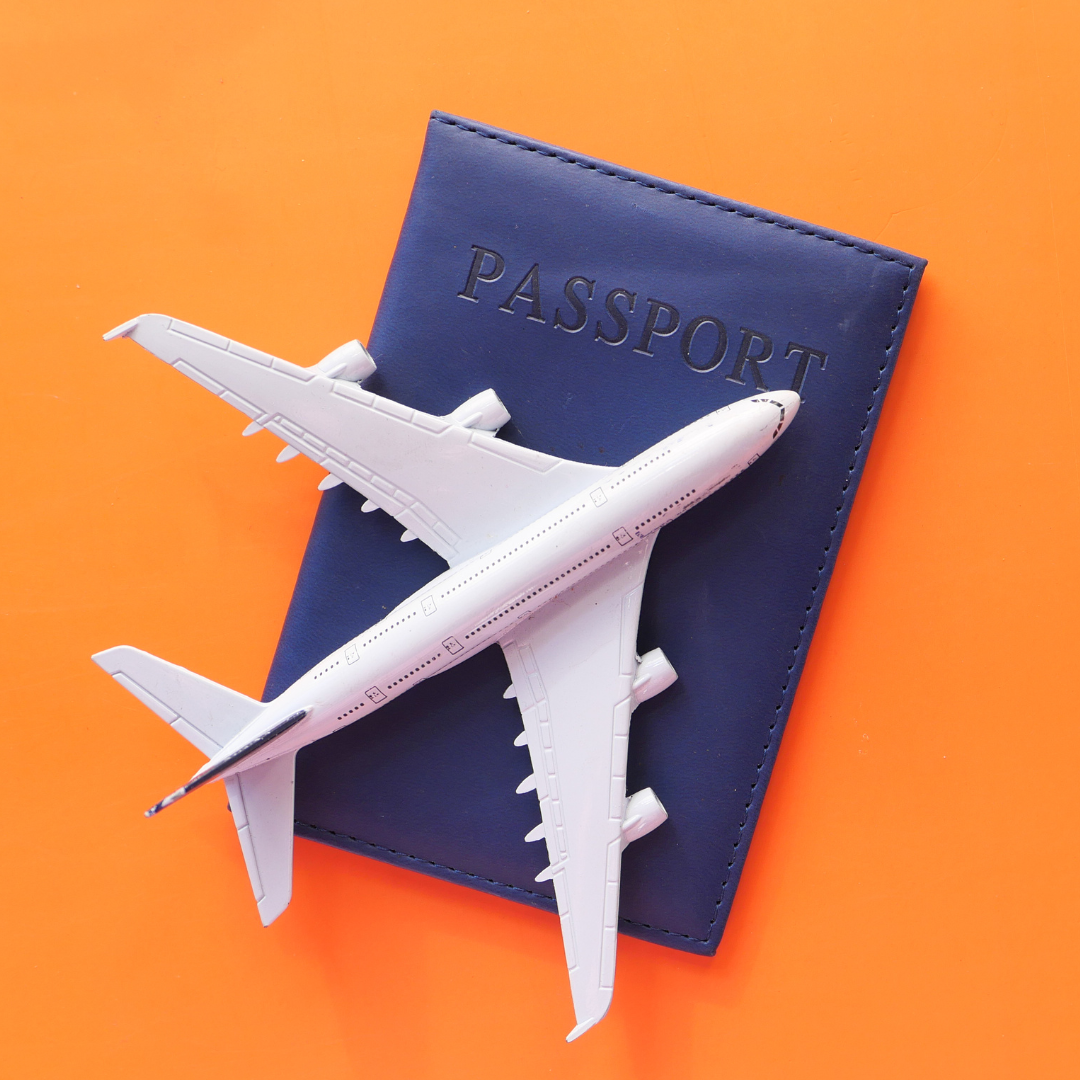Understanding IBS and Travel
Before delving into specific strategies, it's crucial to understand how travel can impact IBS. The condition, characterised by abdominal pain, bloating, and altered bowel habits, can be triggered by various factors including stress, dietary changes, and disruptions to daily routines - all common occurrences during travel. Moreover, the anxiety of potentially experiencing symptoms in unfamiliar surroundings can itself trigger a flare-up, creating a vicious cycle [1].
Pre-Travel Preparation: Your Key to Success
Thorough preparation is essential for a smooth travel experience with IBS. Begin by consulting your healthcare provider well in advance of your trip. They may be able to adjust your medication regimen or provide additional treatments to help manage symptoms during travel. It's also wise to research medical facilities at your destination and ensure you have adequate travel insurance that covers pre-existing conditions [2].
Creating a comprehensive packing list is another crucial step. Include all necessary medications, both prescription and over-the-counter, in your carry-on luggage. Consider packing comfort items such as a heating pad or hot water bottle, as well as any specific dietary supplements you rely on [3]. Don't forget to bring a supply of safe snacks that you know won't trigger your symptoms.
Navigating Air Travel with IBS
Air travel can be particularly challenging for those with IBS. The change in air pressure, dehydration, and prolonged periods of sitting can all exacerbate symptoms [4]. When booking your flight, consider opting for an aisle seat near the lavatory for easy access. During the flight, stay well-hydrated and avoid caffeine and alcohol, which can irritate the digestive system.
If you're concerned about needing frequent bathroom access, consider informing the flight crew about your condition. Most airlines are accommodating and understanding of medical needs. Remember, there's no shame in prioritising your health and comfort!
Accommodation Choices: Your Home Away from Home
Choosing the right accommodation can significantly impact your travel experience. When possible, opt for lodgings with kitchen facilities. This allows you to prepare your own IBS-friendly meals, giving you greater control over your diet. If a kitchen isn't available, look for accommodation near restaurants that can cater to your dietary needs [5].
Consider requesting a room close to facilities if staying in a hotel. Some travellers find it helpful to bring their own pillow or blanket to create a sense of comfort and familiarity in new surroundings.
Dining Out: Navigating Foreign Cuisines
Exploring local cuisine is often a highlight of travel, but it can be anxiety-inducing for those with IBS. Research local dishes in advance to identify potentially safe options [6]. Don't hesitate to ask about ingredients or cooking methods when dining out. In many cultures, it's perfectly acceptable to make special requests.
Remember, it's okay to stick to simple, plain foods if you're unsure about local offerings. Your health and comfort should always be the priority.
Managing Stress: The Silent IBS Trigger
Travel often comes with its share of stress, from navigating unfamiliar places to dealing with unexpected changes in plans. For many with IBS, stress is a significant trigger for symptoms. Incorporate stress-management techniques into your travel routine. This might include practising mindfulness or meditation, engaging in light exercise, or simply taking time each day to relax and unwind.
Consider building buffer time into your itinerary to allow for rest and recovery [1]. Remember, it's not about seeing everything, but about enjoying what you do see.
Staying Active: Balancing Exploration and Rest
While it might be tempting to pack your days full of activities, remember to listen to your body. Overexertion can lead to fatigue and exacerbate IBS symptoms [7]. Plan your itinerary with plenty of breaks and opportunities for rest. Gentle exercise, such as walking or swimming, can help maintain regularity and reduce stress [8].
Consider alternating busy days with more relaxed ones to give your body time to recover. Remember, quality experiences are more valuable than quantity.
Dealing with Flare-Ups: When Things Don't Go to Plan
Despite your best efforts, you may still experience IBS flare-ups while travelling. Having a plan in place can help manage these situations with minimal disruption to your trip. Pack a 'rescue kit' with any medications or remedies that typically help during flare-ups [2]. Know the location of nearby medical facilities and how to access them if needed [1].
Most importantly, be kind to yourself. A flare-up doesn't mean your trip is ruined. Take the time you need to recover, adjust your plans if necessary, and remember that taking care of your health is the most important aspect of any journey.
Conclusion
Living with IBS doesn't mean you have to give up on your travel dreams. With careful planning, open communication, and a flexible attitude, you can explore the world whilst managing your symptoms effectively. Remember, every journey is unique, and what works for one person may not work for another. Be patient with yourself as you learn what strategies work best for you.
References
- Trull, K. (2023, July 21). 5 tips for travelling with IBS. Medical News Today. https://www.medicalnewstoday.com/articles/traveling-with-ibs
- Stellakis, M. (2024, June 11). Planning a Trip Away with IBS. Bowel and Hernia. https://bowelandhernia.co.uk/news/planning-a-trip-away-with-ibs/
- Senchuk, A. (2023, May 9). Travelling with IBS: tips for taming IBS on the go. Nutrition. https://www.andreasenchuk.com/travelling-with-ibs-tips/#Eating_while_travelling_with_IBS
- Solis-Moreira, J. (2023, September 28). Why Do Airplane Flights Cause Digestive Problems?. Scientific American. https://www.scientificamerican.com/article/why-do-airplane-flights-cause-digestive-problems1/
- Nielsen, D. (n.d.). Travelling with IBS: Advice from a dietitian. Desireerd. https://desireerd.com/traveling-with-ibs-advice-from-a-gut-health-dietitian/
- Allied Digestive Health. (2024, May 23). Dining Out and Travelling with IBS. https://allieddigestivehealth.com/dining-out-and-traveling-with-ibs/
- Nunez, K. (2024, June 28). How to Exercise with Irritable Bowel Syndrome. Healthline. https://www.healthline.com/health/digestive-health/ibs-and-exercise
- Johannesson, E., Simren, M., Strid, H., Bajor, A. & Sadik, R. (2011). Physical activity improves symptoms in irritable bowel syndrome: a randomised controlled trial. The American Journal of Gastroenterology, 106(5), 912-922. https://journals.lww.com/ajg/abstract/2011/05000/physical_activity_improves_symptoms_in_irritable.19.aspx



